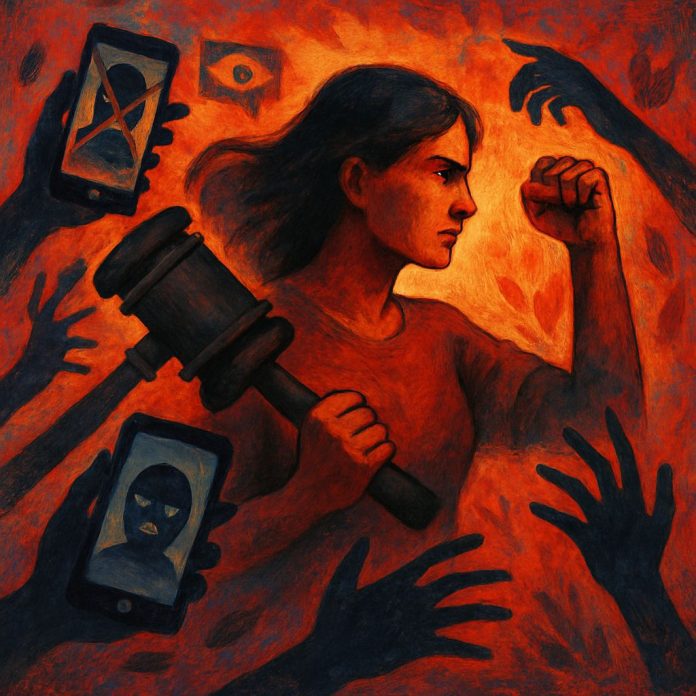A House of Representatives panel has taken a decisive step toward modernizing the country’s anti-VAWC framework, approving in principle a consolidated bill that finally brings online abuse, digital harassment, and ICT-enabled violence under the full force of the law. The committee on women and gender equality, led by Rep. Ann Matibag, agreed to merge multiple proposals that define and penalize electronic violence — marking one of the most significant updates to the 2004 Anti-VAWC Act in two decades. Lawmakers said the measure has already undergone extensive vetting in the previous Congress and enjoys overwhelming support from advocates, agencies, and experts.
The expanded definition covers a wide range of tech-enabled offenses: non-consensual recording or sharing of intimate material; digitally fabricated content meant to shame or harm; online stalking and account hacking; harassment through text, messaging apps, or social media; and impersonation through fake accounts. It also cracks down on digital smear campaigns that weaponize photos, audio clips, or location data against women and children. Dinagat Rep. Kaka Bag-ao successfully pushed an additional safeguard — explicitly acknowledging violence perpetrated or condoned by state actors, ensuring no institution is above accountability.
With the bill now moving toward the drafting of a substitute version, advocates say the priority is clear: protect women and children in a world where abuse has shifted to screens and private devices. Lawmakers stressed that updating the law is essential to closing gaping loopholes exploited by online predators, partners, and perpetrators hiding behind technology. The fight now continues in Congress, where supporters are urging swift passage to ensure survivors get the protection — and justice — they’ve long been denied.
Image created with the use of AI.

